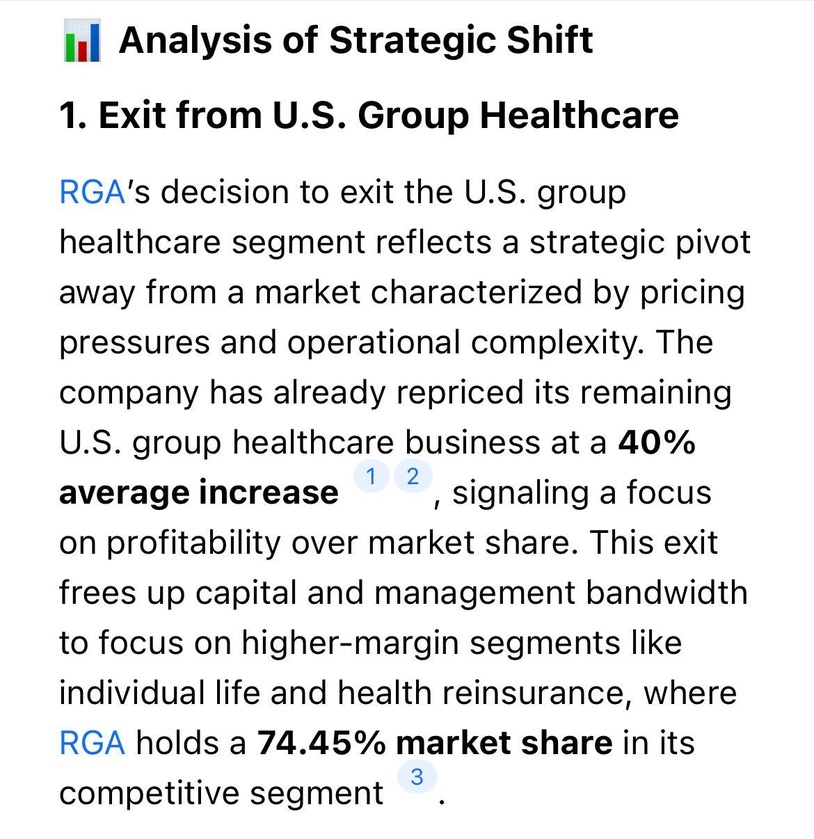
We know what’s coming and we are prepared.
🇬🇧 London Stock Exchange suffers biggest exodus since financial crisis
The London Stock Exchange is on course for its worst year for departures since the financial crisis, as fears mount that more FTSE 100 businesses will quit the UK in favour of New York.
A total of 88 companies have delisted or transferred their primary listing from London’s main market this year with only 18 taking their place, according to the London Stock Exchange Group.
This marks the biggest net outflow of companies from the main market since 2009, while the number of new listings is also on course to be the lowest in 15 years as initial public offerings remain scarce and bidders target London-listed groups.
The exodus has continued despite efforts by the UK government, regulators and the LSE to boost the City’s attractiveness by reforming market rules and the domestic pensions system.
Analysis by the Financial Times last year identified London as the European stock exchange most at risk of suffering departures of big companies to the US.
The analysis ranked companies based on their valuation discount compared with a group of US peers, the share of their revenues generated in the US and the proportion of North American investors on their register.
The 18 large London-listed groups identified as flight risks included Rio Tinto and British American Tobacco. The pair have been pressured by investors to move their primary listing to Australia and the US, respectively.
“More UK companies are thinking about moving their listings to the US, and the UK’s valuation gap to the US has become larger,” said Goldman Sachs in a note on Friday.
This guy wrote a 25 line Python script he claims "can probably unredact all of the Epstein files in less than 30 seconds".
"I am not suicidal, I am a great swimmer, and I look forward to living my life well into my 80s."
Follow @RealWideAwakeMedia for more content like this!
Merch: https://wideawake.clothing
X | YT | IG | Rumble
US / Iranian Conflict
Raising to AmCON 3 (Incident Probable)
Due to the following: deteriorating negotiations between the United States and Iran; the surge in the past 48 hours of “final stage” US military assets into the Middle East; vacating US personnel from bases in Syria; the “Fatwa” issued last summer by Iranian clerics in the Summer of 2025 calling Muslims around the world to rise up if Iran is attacked; the numerous reports of Iranians who have infiltrated the US southern border in recent years and the warnings of “sleeper cells” in the United States, AmRRON is raising the AmCON one level, to Level 3 (Incident Probable).
AmRRON Special Guidance and Instructions:
AmRRON will remain at AmCON 3 until further notice, and we will continuously be monitoring the situation. Additional changes to the AmCON level, and any special instructions or guidance, will be posted here, as well as through the AmRRON member Telegram Channel, the AmRRON Corps Z-Net, and the AmRRON Mobile Team App....

If you’re a parent, this should make your stomach drop!
Every year, millions of families across America proudly display school photos of their children.
On refrigerators. In picture frames. Sent to grandparents and relatives across the country.
But here’s what most parents are never told…
Those school photos are taken by Lifetouch — the largest school photography company in America.
Lifetouch is owned by Shutterfly.
Shutterfly was acquired by Apollo Global Management.
And Apollo Global Management was co-founded by Leon Black — a name that appears in the Epstein files.
That means millions of children’s images are uploaded into databases every single year by a corporate structure tied to someone connected to Epstein.
Let that sink in!
https://vxtwitter.com/i/status/2019500982997041332


















